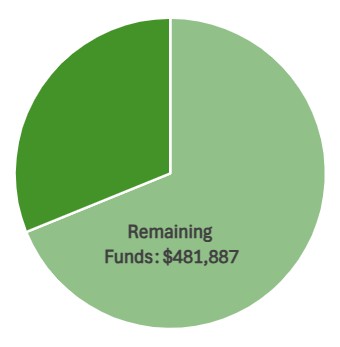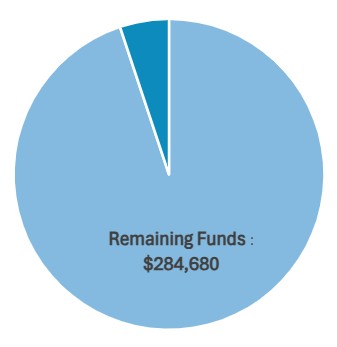DNREC offers rebates to reduce the cost of electric vehicle charging stations that can be installed at multi-family dwellings, workplaces, outside businesses and in other public places.
The Electric Vehicle Charging Equipment Rebate Program provides rebates for Level 2 electric vehicle charging stations purchased and installed after May 1, 2025.
DNREC has published a Guidebook to Installing Electric Vehicle Charging Stations. It provides an introduction to electric vehicles and helps with assessing options for choosing and installing electric vehicle charging stations.
These programs are part of Delaware’s commitment to innovation in the transportation sector, reducing greenhouse gases, and improving Delaware’s air quality. It supports the Delaware Clean Vehicle Rebate Program.
Four types of charging stations are eligible:
There is $1million available on a first-come, first-served basis.

Multi-Family Dwellings

Public Access, Fleet and Workplace
Rebates for single-family home charging stations are not offered under the Electric Vehicle Charging Station Rebate Program. For individuals interested in single-family home charging incentives, please visit Energize Delaware to explore their electric vehicle programs and offerings.
Rebate recipients must provide their own funding to cover expenses as they are incurred, including installation and utility upgrades.
Charging station rebates are available for public access, fleet and workplace charging. Rebates of up to 70% of the cost of the charging station for commercial projects and up to 90% of the cost of the charging station for government and nonprofit projects are available on a first-come, first-serve basis.
The maximum rebate amount is $3,000 for single port chargers and $6,000 for dual port chargers. Rebates are limited to 10 charging ports or 5 dual port stations for each location.
Find more information in the Rebate Program Description and Guidance for public access, fleet and workplace projects.
Charging station rebates and, for existing locations, installation reimbursement, are available for multi-family projects.
Enhanced incentive levels of up to 90% of eligible installation costs are available for projects at existing multi-family dwellings in areas identified as “Priority Areas” — disadvantaged and/or underserved areas where eliminating barriers to electric vehicle deployment is especially important. To qualify, the address of the charging station location must be within a census tract identified by the Delaware Department of Transportation as an Equity Focus Area.
| Rebate (% of Cost) |
Installation Reimbursement (% of Eligible Costs) |
Installation Reimbursement with Future Proofing (% of Eligible Costs) |
|
|---|---|---|---|
| Existing Multi-Family Dwellings | 75% | 70% | 75% |
| Existing Multi-Family Dwellings in Priority Areas | 90% | 85% | 90% |
The maximum rebate for multi-family projects is $4,000 for single port chargers and $8,000 for dual port chargers. Rebates are limited to 10 charging ports or 5 dual port stations for new construction. for existing structures, the limit is $60,000 maximum per street address, including charging station(s) and installation costs.
Find more information in the Rebate Program Description and Guidance for multi-family projects.
Step 1
Read the Rebate Program Description and Guidance document for the type of project you are applying for (Multi-Family Dwellings or Public Access, Fleet and Workplace)
Step 2
Register as a “supplier” with the state of Delaware using the Division of Accounting eSupplier Portal. (Find more information in the New Supplier Registration Guide or view this instructional video)
If you have previously registered as a Supplier, you do not need to complete this step.
Step 3
Complete the pre-approval application.
Step 4
DNREC staff will respond within 10 business days with an approval letter with the approved rebate amount.
Step 5
Complete the installation of the project within one year of the pre-approval letter.
Step 6
Submit final paid invoices and documentation and a copy of the approval letter to DNREC.Transportation@delaware.gov for reimbursement.
This rebate may be considered taxable income by the U.S. Internal Revenue Service and the Delaware
Department of Revenue. It shall be the sole responsibility of the recipient, individually, to seek
professional advice and determine the tax consequences of this rebate.
Related Topics: charging, charging stations, clean transportation, climate, climate coastal energy, electric vehicle, energy, rebate, transportation